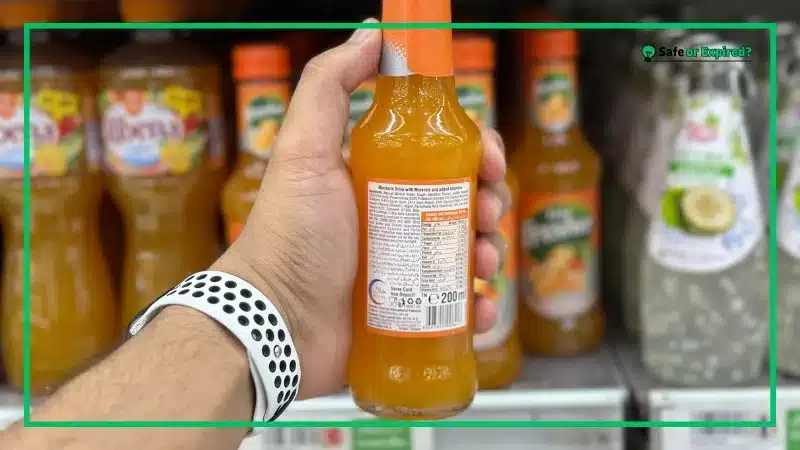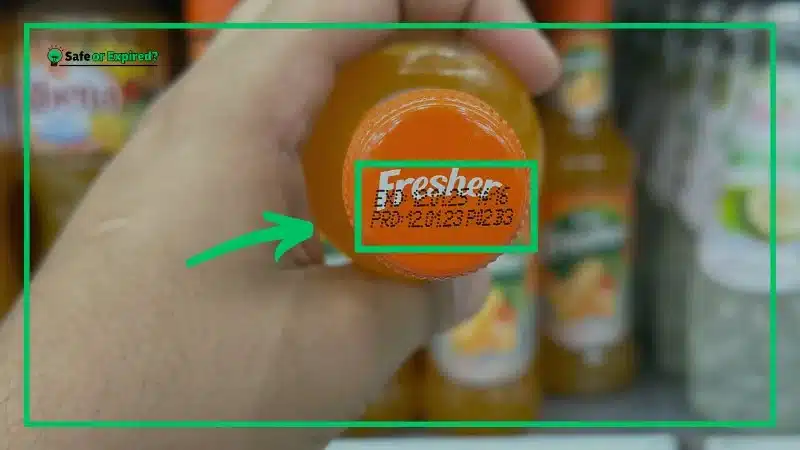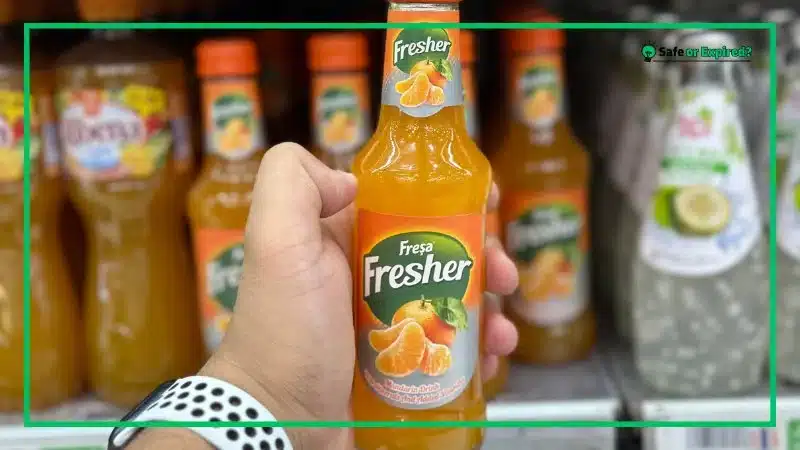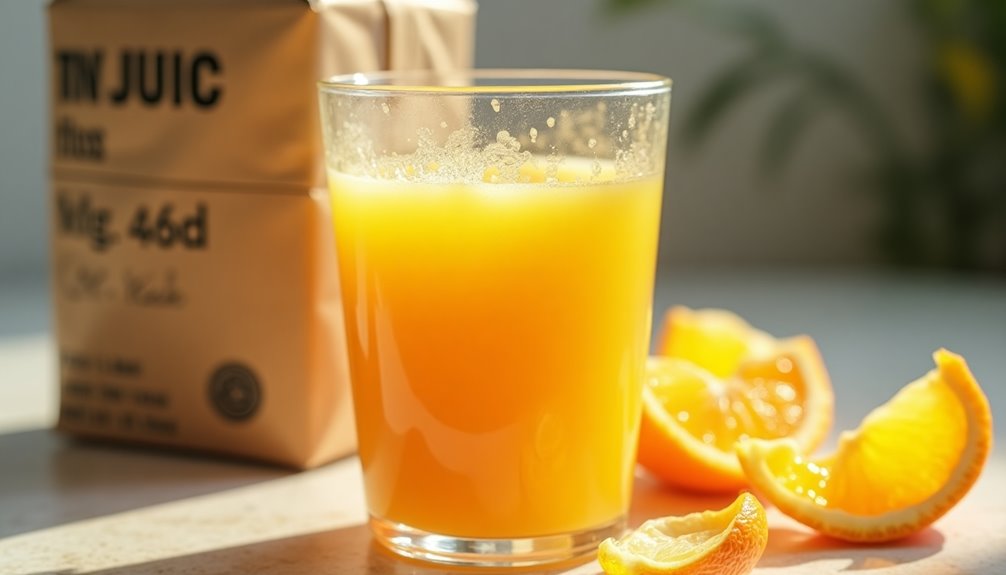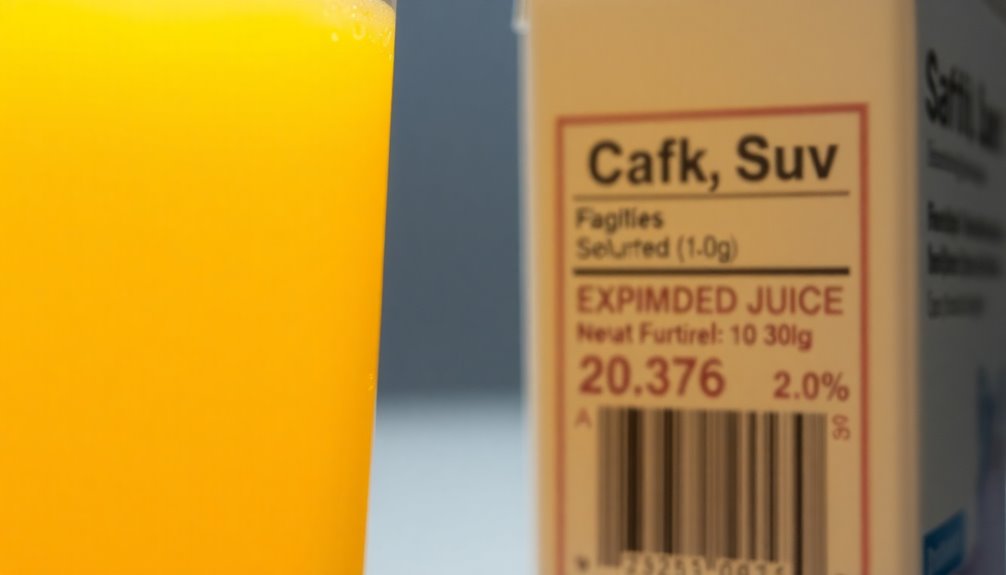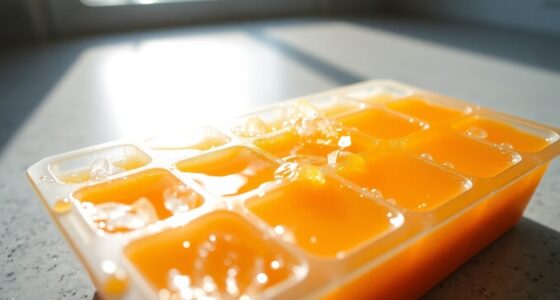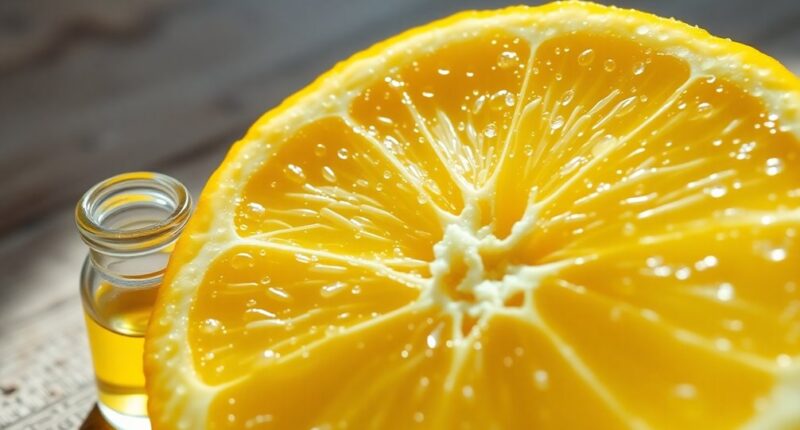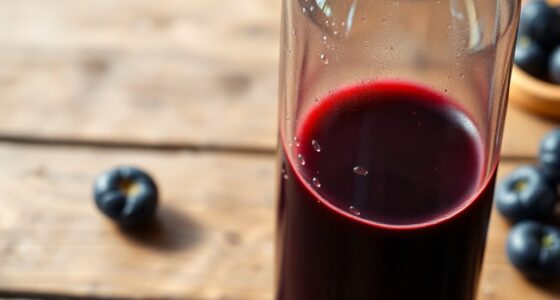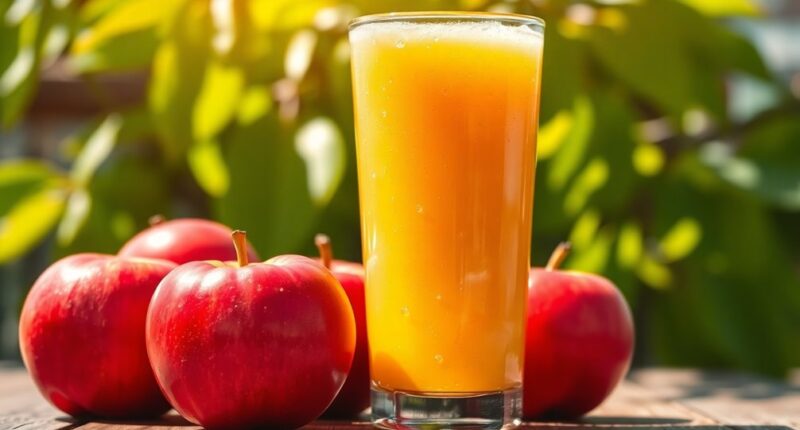How Long After Expiration Date Is Orange Juice Good
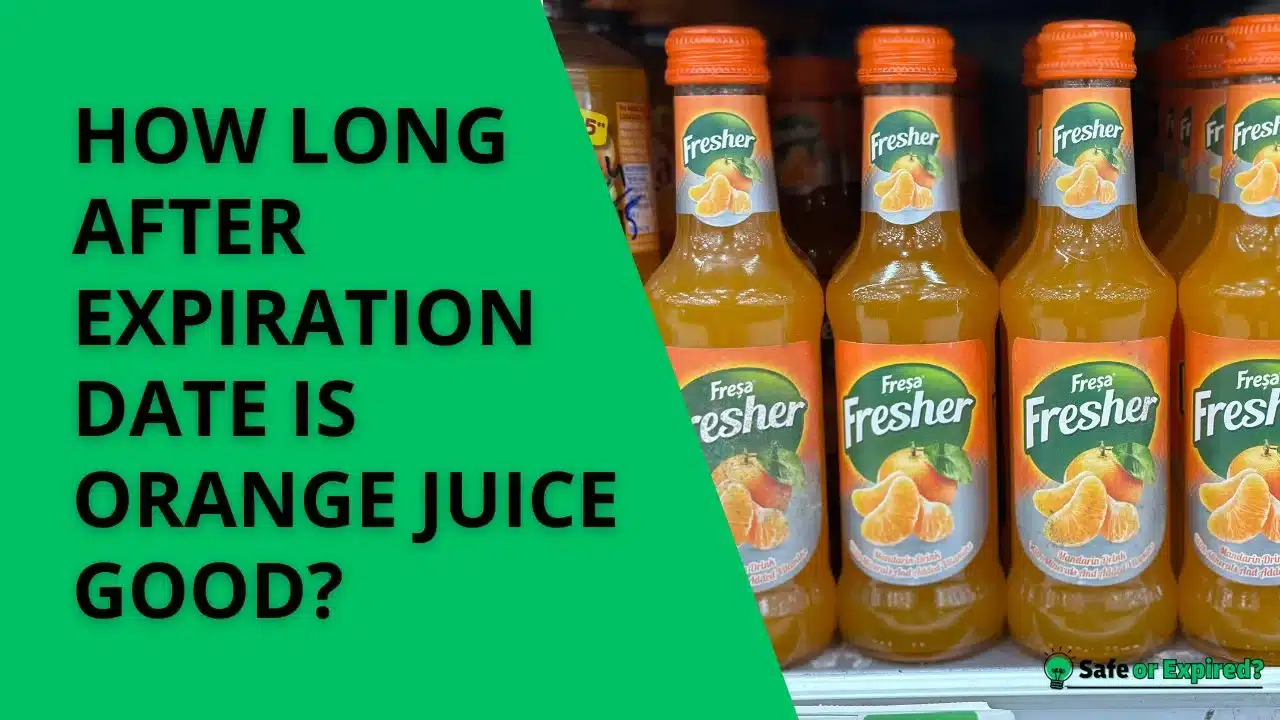
The bright, tangy taste of orange juice is a staple in many households, but a lingering question often arises: how long is it really safe to drink after the expiration date printed on the carton?
Understanding the shelf life of orange juice, and the factors influencing its spoilage, is crucial to avoid potential health risks and reduce food waste.
Decoding the Dates: "Use By" vs. "Best By"
The dates printed on food packaging, including orange juice cartons, are not always straightforward indicators of safety. It's essential to differentiate between "use by" and "best by" dates.
A "use by" date indicates the last day the manufacturer recommends using the product for peak quality. Consuming a product after this date may pose a higher risk of foodborne illness.
In contrast, a "best by" date is more about quality than safety. Orange juice consumed after this date may not taste as fresh or have the same nutritional value, but it is not necessarily unsafe.
The Shelf Life of Orange Juice: An Overview
The shelf life of orange juice varies significantly depending on several factors, primarily whether it's pasteurized or unpasteurized, and how it's stored.
Pasteurization, a process involving heating the juice to kill harmful bacteria, significantly extends its shelf life. Unpasteurized juice, often found at local farms or juice bars, has a much shorter lifespan.
Generally, unopened pasteurized orange juice can last 7-10 days beyond the "best by" date when stored properly in the refrigerator, according to guidelines from food safety experts.
Once opened, pasteurized orange juice should be consumed within 7-10 days, regardless of the date on the carton. Unpasteurized orange juice, due to its higher bacteria risk, should be consumed within 3-5 days after opening, and potentially less after the "best by" date, according to the USDA Food Safety and Inspection Service.
Factors Affecting Spoilage
Several factors can contribute to the spoilage of orange juice, even before the expiration date. Temperature fluctuations, exposure to air, and improper storage are key culprits.
Maintaining a consistent refrigerator temperature of 40°F (4°C) or below is critical. Frequent opening and closing of the refrigerator door can cause temperature fluctuations, accelerating spoilage.
Once opened, the exposure to air introduces bacteria and speeds up oxidation, altering the juice's flavor and texture. Transferring opened juice to an airtight container can help prolong its freshness.
Signs of Spoiled Orange Juice
Knowing how to identify spoiled orange juice is paramount to avoiding potential health issues. Trust your senses; sight, smell, and taste can provide valuable clues.
Sour smell: If the orange juice has an obviously fermented, sour, or otherwise unpleasant odor, it's likely spoiled.
Change in color or texture: Look for signs of discoloration, such as a darkening or browning of the juice, or the presence of mold. A thickened or slimy texture also indicates spoilage.
Off taste: Even if the juice looks and smells normal, take a small sip. If it tastes sour, bitter, or otherwise different from fresh orange juice, discard it immediately.
Potential Health Risks of Consuming Spoiled Juice
Drinking spoiled orange juice can lead to various gastrointestinal issues. Symptoms can range from mild discomfort to more severe illnesses.
Common symptoms include nausea, vomiting, stomach cramps, and diarrhea. In some cases, consuming spoiled juice can lead to food poisoning caused by harmful bacteria like E. coli or Salmonella, though this is less common with properly pasteurized juice.
Individuals with weakened immune systems, such as pregnant women, young children, and the elderly, are more susceptible to severe complications from foodborne illnesses and should be particularly cautious.
Practical Tips for Extending Shelf Life and Reducing Waste
There are several steps consumers can take to maximize the shelf life of orange juice and reduce unnecessary waste. Proper storage and handling are key.
Store unopened juice in the refrigerator: Even if the carton indicates that it's shelf-stable, refrigerating unopened orange juice from the time of purchase will help maintain its quality and extend its lifespan.
Close the container tightly after opening: Ensure the lid or cap is securely closed to minimize air exposure. Consider transferring opened juice to an airtight container for optimal freshness.
Don't drink directly from the carton: Drinking directly from the carton introduces bacteria into the juice, accelerating spoilage. Pour juice into a glass instead.
Freeze excess juice: If you have more orange juice than you can consume before it expires, consider freezing it. Frozen orange juice can be stored for several months without significant loss of quality, although there may be slight changes in texture after thawing.
The Bottom Line
While pasteurized orange juice can often be safely consumed for a few days beyond the "best by" date, vigilance is key. Always check for signs of spoilage before drinking.
When in doubt, it's always best to err on the side of caution and discard the juice. Prioritizing food safety minimizes the risk of illness and promotes responsible food consumption.
By following proper storage guidelines and being mindful of the signs of spoilage, consumers can enjoy the refreshing taste of orange juice without compromising their health.
